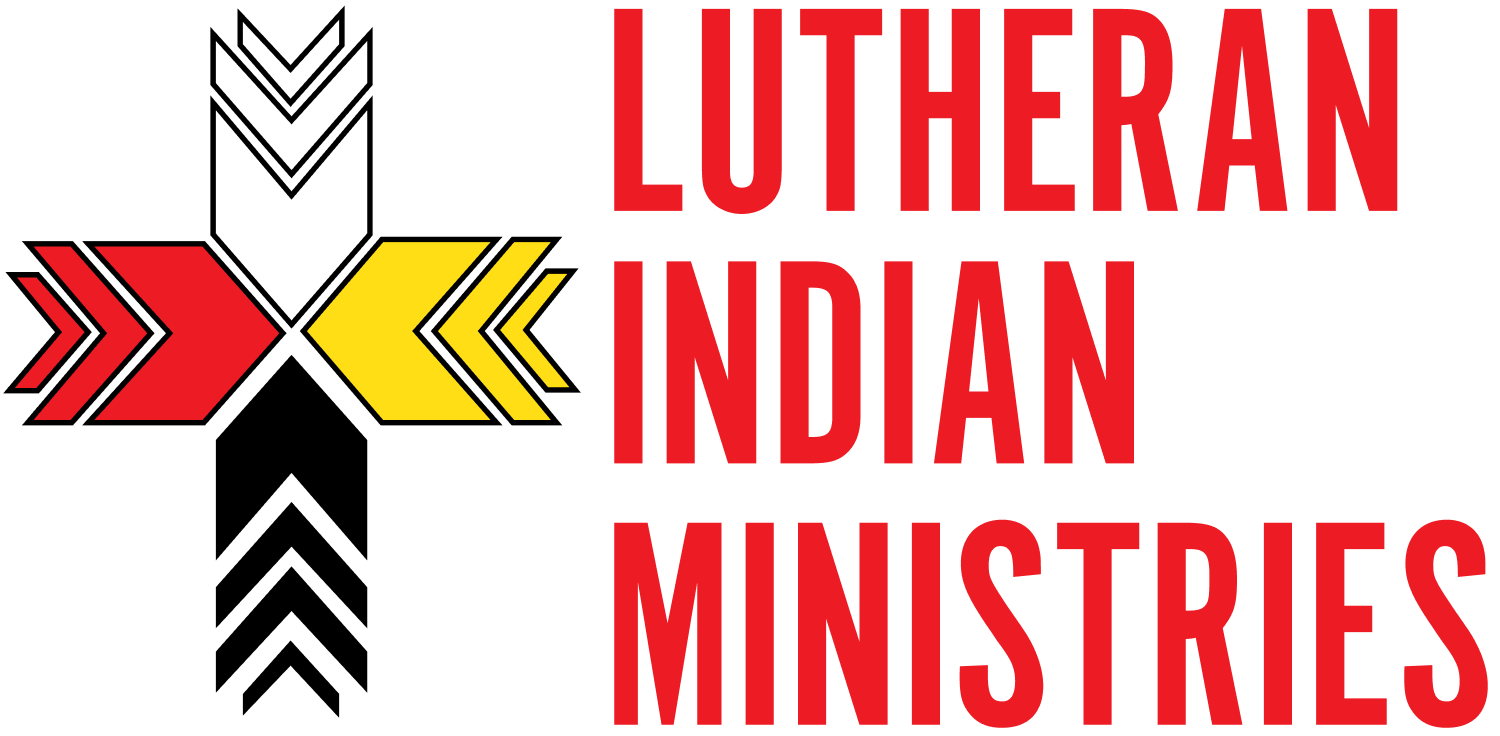The Power of Faith in a Hospital Room: Bringing a Generation of Natives to Christ
Amid machines with flashing lights and rhythmic beeping, Deacon Tom (Ioway) and Deaconess Cathy (Cherokee) Benzler sit hand in hand with a Native elder of one of the many Olympic Peninsula tribes with whom they serve. Though nurses come in and out, checking numbers and fixing tubes, the atmosphere of the room is peaceful. This man, a close friend of the Benzlers and a regular at their home Bible Study, is secure in his salvation and determined to face his final days with courage and faith, which he hopes will draw his family members and community nearer to Christ - family and friends who come in large groups to be with him, hear his stories, and soak up his wisdom.
Tom recalls a similar story that occurred more than three years ago.
This time, a woman lies in the hospital bed, surrounded by her extended family, as well as her tribal community. As her time came to an end, the Benzlers were called in by one of her sons to pray with her. This woman was the only one in her family to have accepted Christ, but it isn’t uncommon for Tom and Cathy to be called out of respect for the dying elders wishes, even if others in the room actively reject Christianity.
Upon the woman’s passing, Tom began getting calls from the son. It turned out that, in a culture where familial ties and community strength are societal cornerstones, this man had an overwhelming sense of guilt for not being a better son. He had witnessed his mother’s incredible faith and the peace it had brought her and thought Tom might have a “cure” for his guilt.
“It was not an easy process,” Tom recalls. “He had a rough life. Drugs, alcohol, violence. Not only was he guilty about his role in the family, he was bogged down by all the mistakes he had made in his life. He started inviting us to his home for dinners and allowed us to share relevant scripture, but he kept getting hung up on forgiveness.”
Forgiveness is a stumbling block for many of the people we work with at Lutheran Indian Ministries. Generational trauma on reservations has built a nation of people who do not understand their value as individuals. The thought that the Creator could love them for who they are, despite what they’ve done, is an incredibly hard concept to understand, especially when you’ve been taught that your heritage and beliefs are inferior and should be erased from history.
Tom continues, “It took years of conversations, and the Holy Spirit working on his heart, to bring our friend to Christ. But the morning it happened, his excited voice on the phone, it's a moment I’ll never forget.”
When he spoke about his salvation later in a Bible study group, the man admitted that he would never have come to know Christ, or truly understood the forgiveness he has on the cross, if it hadn’t been for his mother’s faith. When difficulties in his life seemed too hard to bear, he remembered his mother’s peaceful face in the hospital. If she could find peace before death, then he could find peace in his life.
His mother led by example. Her faith in her Risen Savior was so evident that even those who steadfastly rejected God could see it and acknowledge its power.
When asked about Hope House’s extensive work with tribal elders, Cathy reflects, “Unfortunately, we have seen a lot of death in the past year and have visited a lot of hospital rooms. But, these communities need the hope that Christ brings, and we’ve seen the incredible faith of the elders that can cause the younger generations to fall to their knees. So, we go wherever we’re needed. Whether we’re called to a hospital room for prayer or a kitchen to deliver food, we know that God is leading us. It is amazing how God puts us in just the right place, at just the right time! It’s really reassuring to know that He’s in control and not me!”
